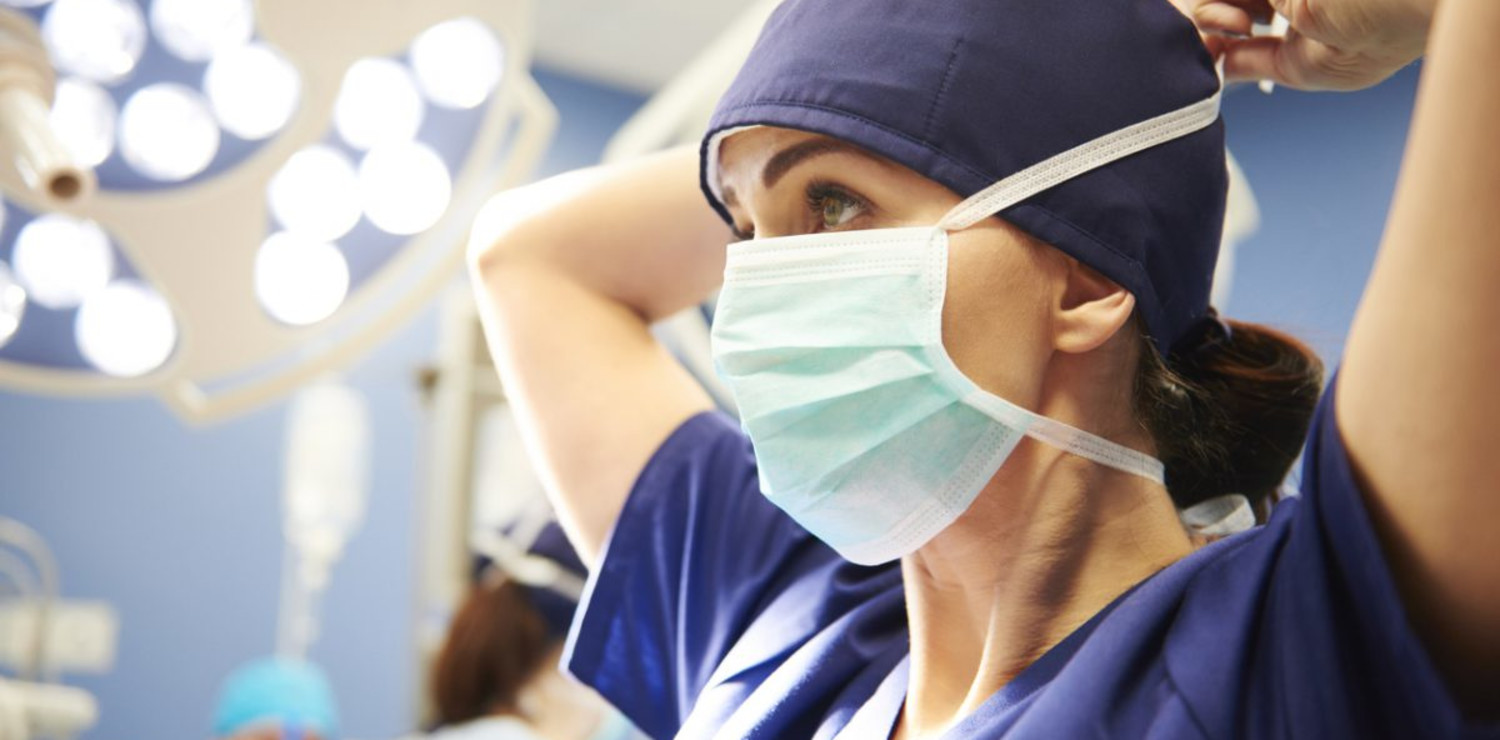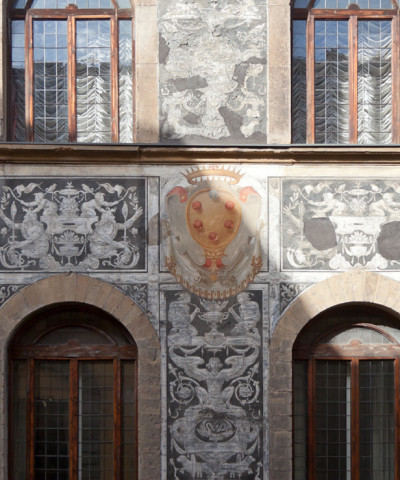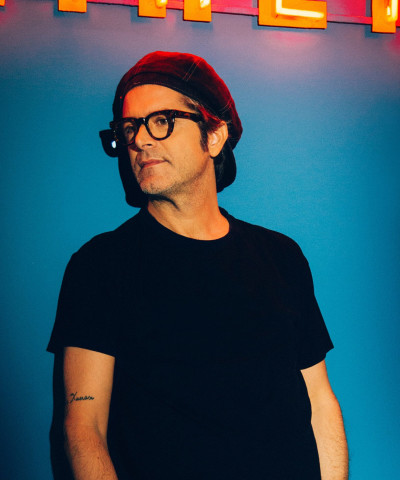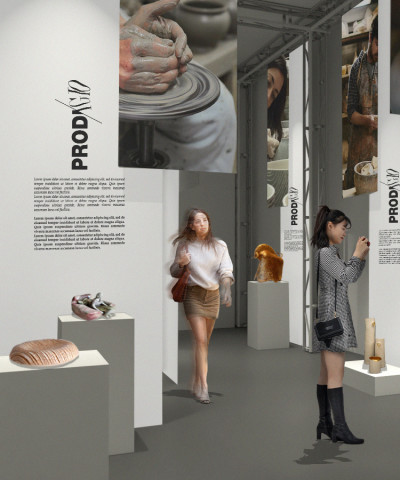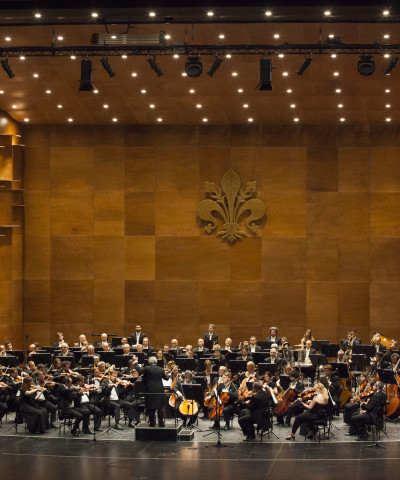Careggi's Intensive Care Unit Director tells us how we will deal with the virus over the next few months
We talk about it with Adriano Peris, director of the Careggi intensive care unit and coordinator of intensive care in the Centro Toscana area
Adriano Peris is the director of the intensive care unit of the Trauma Center at Careggi Hospital. Since 23 March he is also one of the three intensive care coordinators in Tuscany. Under his responsibility, the intensive care units of the so-called Vast Area Center, i.e. all the hospitals in Florence and province, San Miniato, Pistoia and Prato, are working.
In Florence, Peris was certainly one of the doctors most involved in the health emergency that has shocked the world and from which we are re-emerging in these days with the effective start of Phase Two.
We were able to meet him to talk with him especially about the future: what is to be expected in the coming months, as Florence and the whole area of Tuscany Center face the Covid-19, the rules to follow in everyday life that from today returns to be more 'normal'.
How is the situation evolving, what do you expect for the coming months and how are you organizing yourselves?
I don't think the virus has lost strength, but we have learned to intervene with an integrated mode that is the most effective to date to defeat Covid-19. As a Vast Area we are getting more and more organized to speak one language, to decide together the steps to be taken and the projects to be implemented. I have just returned from a conference call with the directors of all the hospitals in the Centre Area: we are collecting data to develop working models to be applied in the future in order to have a homogeneous response in intensive care throughout Tuscany. Our hospitals are now equipped with Covid and Non-Covid intensive therapies. In the last weeks of the pandemic the ratio between Covid and Non-Covid beds was 7 to 3. Now it is reversing: a positive sign of course, but we are ready to go back to the emergency setting in real time, at any time.
What was Careggi's point of excellence in the Coronavirus-related health emergency?
The most important thing was the reference role we had in the connection and coordination of intensive care in Tuscany but also outside the region. In this period we needed not only a structure that worked to the best of its potential, but a reference network. The results obtained were proof that this network has worked, is working and will work in case of a possible need in the future.
How many doctors, nurses, social workers and physiotherapists in your team have contracted the virus? Have there been deaths?
None positive on our ward. I wish I could communicate this result with satisfaction, but satisfaction in this painful situation, which has caused so many deaths even among our colleagues, is not the right state of mind. But we are reassured by this result, that is. We have put in place very strict rules and protocols from the very beginning. We were militarised. It is difficult to say whether it was this or this together with other organisational and behavioural aspects, but this was the result.
Who has the suspicion of contracting the Coronavirus and thinks he's going to turn to Careggi, what does he have to do from now on?
If you have the suspicion - and by suspicion I mean having been in contact with people at risk or if you have symptoms similar to those of the flu - you should not go to the emergency room, but you should contact your family doctor and from there, if necessary, patients suspected of having contracted the virus are directed to a special route that does not involve going to the emergency room. Anyone with serious symptoms - such as difficulty breathing, loss of consciousness for example - should go to the emergency room.
To avoid the possibility of infection, remember, what are your recommendations for everyday life?
I remember the general epidemiological duty of hygiene, always recommended, now even more so: starting with washing hands with soap and water, if there is no disinfectant liquid, removing those particles and impurities that can carry the virus. Do not touch your eyes or nose. In public places wear a mask and gloves, bearing in mind that gloves protect the wearer above all but not the others. On the contrary, my other recommendation in this regard is that from now on we should enter the perspective of protecting others as well as ourselves and make this a constant thought, a civil duty.
Can air conditioning be a vehicle of contagion?
No, not for Covid-19. It is for other bacteria like Legionella or certain fungi, but not for the Coronavirus. When air conditioning sucks in air from the outside, it is very unlikely that a significant amount of Coronavirus can be concentrated in its ducts in such a way as to cause infection in those who breathe it. In plants that recycle air it is not known; surely it is better to stop, work or rest in the air conditioning system.
Who will go to the sea or the mountains, what will they have to pay scrupulous attention to?
He'll have to pay attention to the same things as when he's at home or at work. Instead, I think it is important to develop in our lifestyle a new attitude of control over the places we will frequent, and from now on turn it into a habit. What I mean is that we should all understand whether a public establishment adequately respects the new health rules, starting with checking the availability of disinfectant liquid at the entrance, or the supply of disposable gloves in an establishment where there is an exchange of goods. These details will be the new calling card for all public activities and every business in the coming months.
There are many opinions on the timing of the vaccine's arrival, what do you think?
I am closely following the work of a laboratory in Oxford, at the moment they have reached stage 3, which means that very soon there will be 500 volunteers on whom it will be tested. Let me tell you that a lot of trouble is being caused by the vaccine and a lot of misinformation is also circulating, for example, we are hearing more and more often that the virus is mutating and therefore the vaccine will not be effective. I would remind you, then, that all viruses undergo mutations, and that each vaccine is always the most suitable for a known and well typed virus that from time to time is intended to be inhibited, and that when it is found, put on the market and administered, it will be one more weapon, a collective but not individual weapon.






